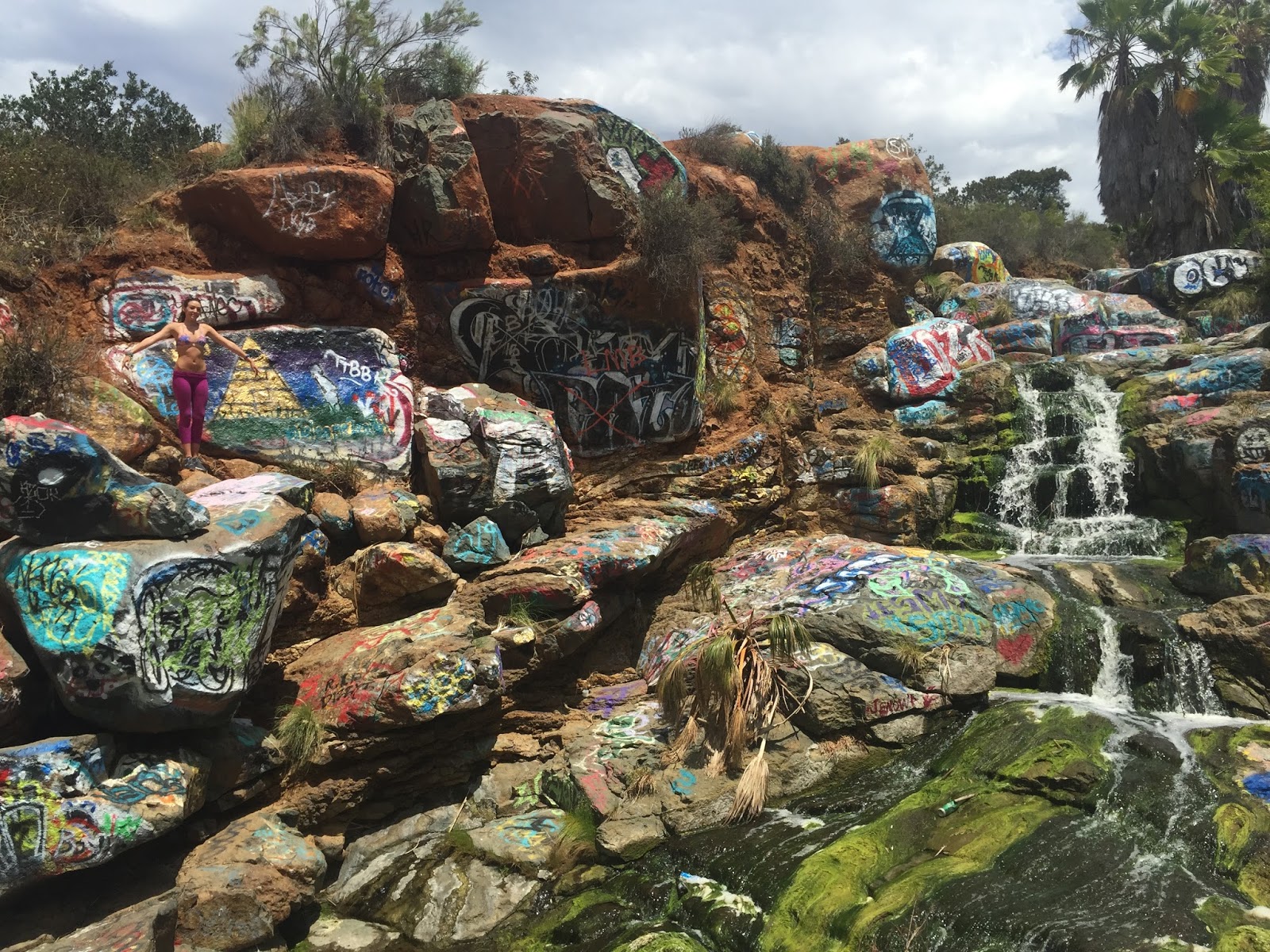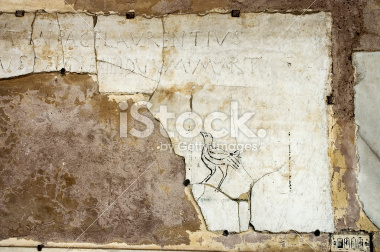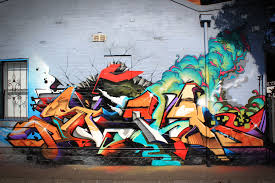In 2013, the graffiti artworks of various “aerosol artists” were painted over on in 5Pointz, Long Island City, Queens. These graffiti murals were seen by the artists and community members are recognized pieces of art that made their city special due to the appearance of the artwork in hit films such as “Now You See Me”.
Under the Visual Rights Act of 1990, the graffiti artists sued the owners of the buildings for covering up and destroying the murals. This federal law grants artists the right to claim authorship and ownership of their artwork and the right to “prevent any intentional distortion, mutilation, or other modification of that work” (17 US code 106A). In addition, this law allows for protection of destruction of “a work of recognized statute” (17 US Code 106A). On February 12, 2018 the graffiti artist won a lawsuit against the building owners.
While the artwork is recognized as a part of the city and cherished by the various artists, to what extent should persons have the right to artwork on another’s property? While I do not agreed with the destruction of the murals which are iconic representation of the culture of the city, this law suit may have later consequences, especially when it comes to fining and charging graffiti taggers. The question would be how “a work of recognized statute” is being interpreted by the various individuals that would be involved in a future graffiti art dispute. Should persons have a right to their aerosol art even if it is on another’s property? What property rights do the building owners have?
Overall, this case is a turn of events for street artists everywhere. It marks a transformation where as the courts are recognize graffiti murals to be a recognized statute” of artwork. Cohen v. G&M Realty is a stepping stone for legitimization of street artwork; although, it is important to understand and recognize the full extent of the implications that can arise from this case. Where do we draw the line between art and vandalism?
#graffiti #rights






